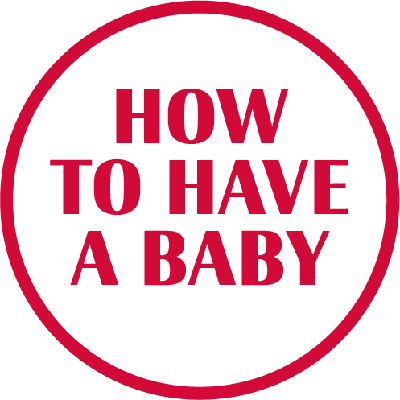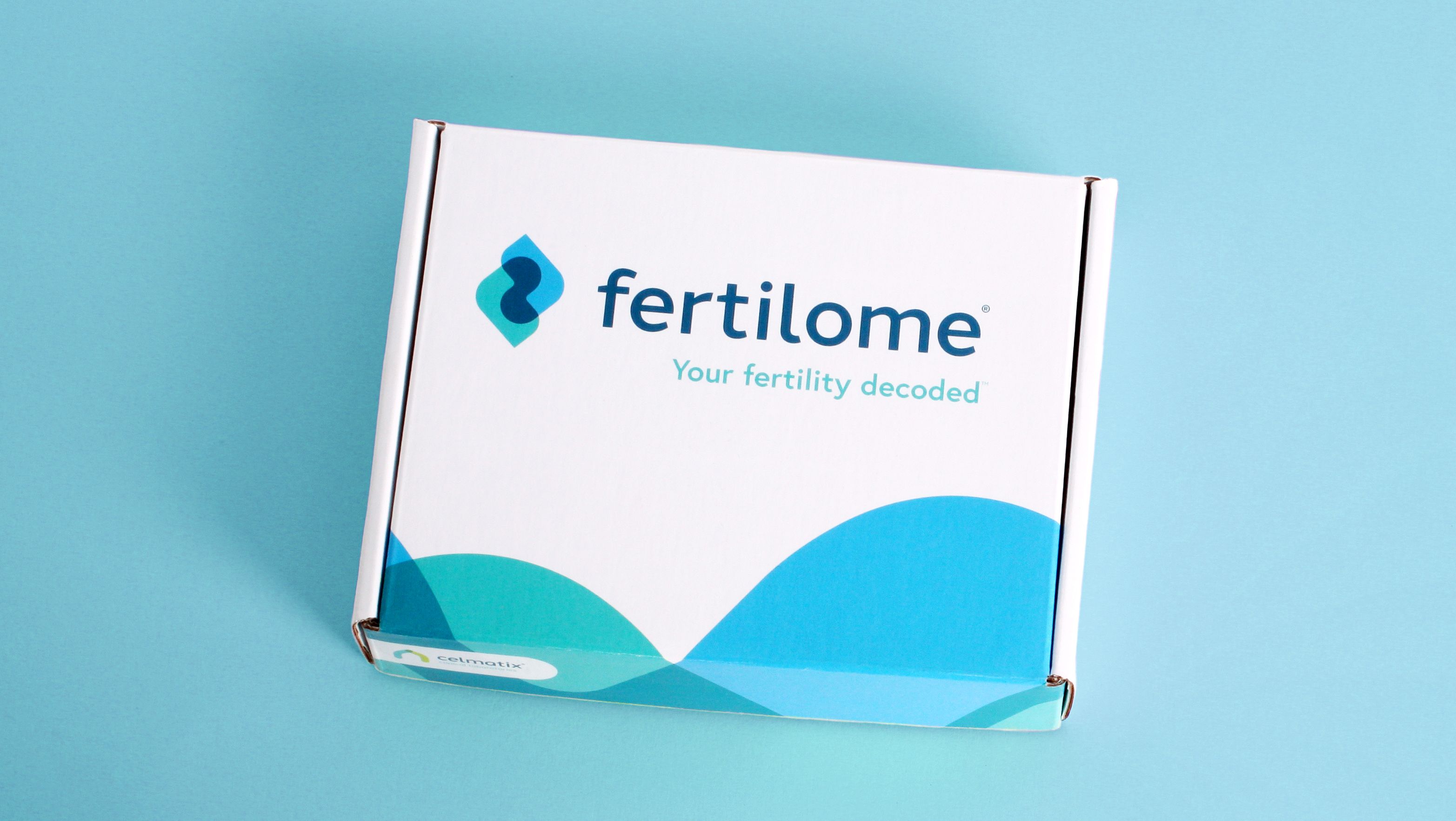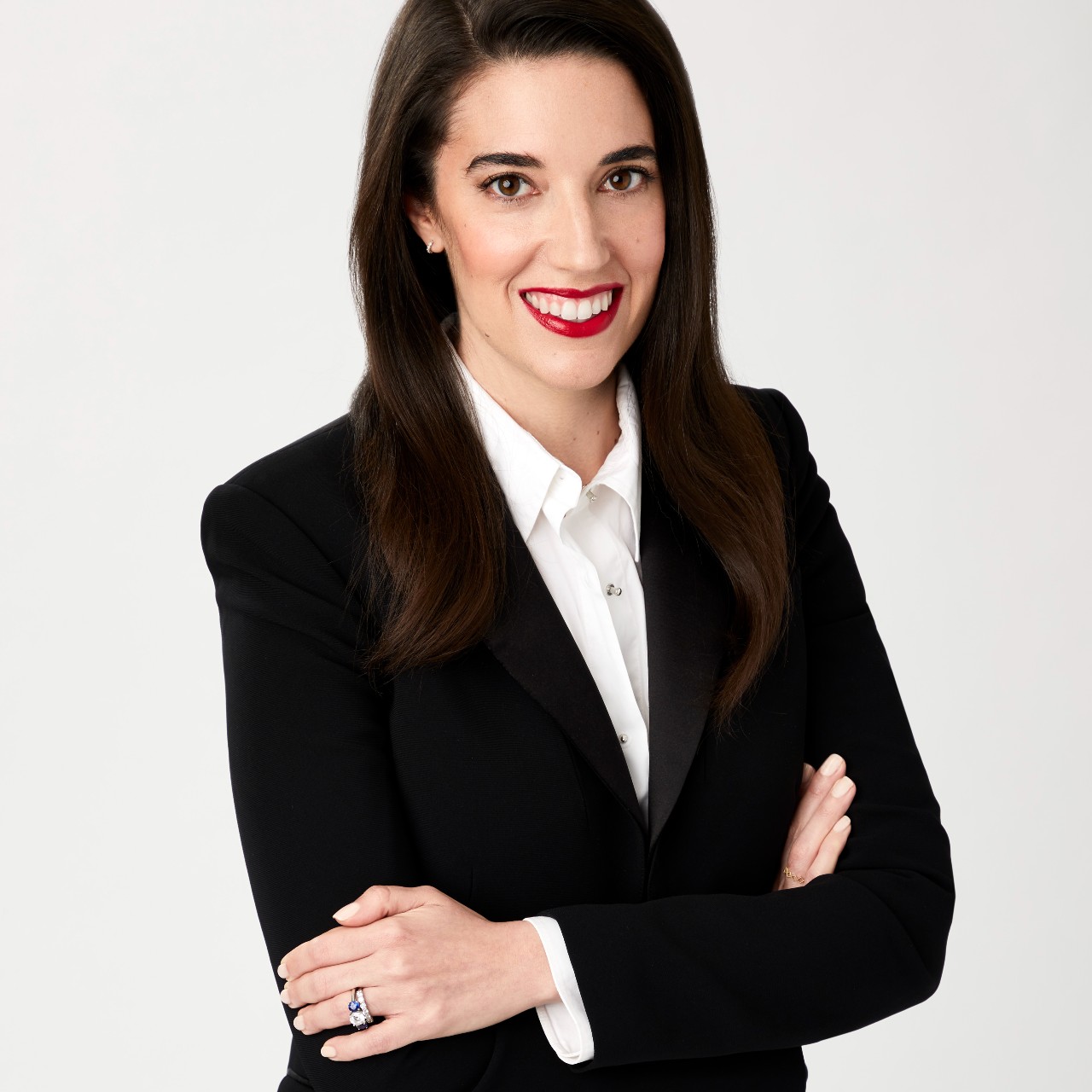Can This Test Tell You When You Should Have a Baby?
Celmatix's Fertilome test checks your DNA for gene variants that might affect your reproductive health.



I’ve always thought about my “fertility” in a nebulous, romantic kind of way—I want two kids, maybe three if it’s financially viable; I’d want them to be close-ish in age, a boy and a girl, if I had a choice. I put fertility in quotation marks because I’d never call it that, but of course, that’s exactly what it is.
When my partner and I decided to move in together and talked about our plans for the future—marriage, children, which streaming services to actually pay for, etc.—I told him I wanted to start having kids when I’m 32 or 33. And I want to be married before starting a family. That was two years ago. I’m turning 32 in two weeks, we’re not engaged, and we don’t have plans to have a baby anytime soon—and I’m incredibly happy. I’ve always lived by the mentality that things will work out when and how they’re meant to, but when it comes to having kids, I don’t know if that’s accurate. I have enough friends having babies, trying to have babies, or struggling to have babies right now to know it’s not always easy…and for that very truth to be on my mind.
I’ve always lived by the mentality that things will work out when they’re meant to, but when it comes to having kids, I don’t know if that’s accurate.
A few months ago at a women in tech event, I met a person who works at Celmatix, a fertility company that's all about data and personalized information. As I sat across from her at the dinner table, she told me about Celmatix’s Fertilome test, which checks your DNA for markers in genes that are associated with certain reproductive conditions that might make it more difficult to get pregnant. As she explained, a test like that might help a woman decide whether or not she should freeze her eggs, or that she should move up her pregnancy timeline, or determine that she's a good candidate for IVF. I was intrigued.
The Fertilome test—which is a blood test or a simple spit-in-a-tube-and-wait-a-few-weeks-for-the-results test—is available through a doctor or fertility clinic and costs $950. Since I took the test for this story, Celmatix sent it to me and connected me with a specialist, Amber R. Cooper, M.D., a reproductive endocrinologist at Vios Fertility in Illinois. Before I spat in the vial, I had a consultation with Dr. Cooper over the phone about the test and what the results would mean. She made it clear that the Fertilome test only provides one part of the fertility picture—she’d also recommend an AMH blood test and antral follicle ultrasound, which provide information about a person’s egg reserve.
The Fertilome test on its own looks for variants linked with reproductive health conditions including:
Over the phone, I told Dr. Cooper that I was suddenly nervous about this whole thing. That's natural, she explained, but wouldn't I want to know what I was dealing with before I was in the midst of it? I guess, I replied. I swallowed (metaphorically) and filled a test tube with my saliva.

As it turns out, I have five genetic variants that have been associated with a strong to moderate risk for a reproductive condition. Some patients she councils have one, Dr. Cooper said, and she's seen up to seven, eight, nine. Endometriosis was on my list twice because I have two different genes with the variant (ICAM1 and 1L1A). I was shocked. I’ve never had particularly painful periods, my cycle has always been regular—even when I’ve been off birth control. How could that be possible? Back on the phone with Dr. Cooper, she explained that just because I have the genetic variant, doesn’t mean that I have the condition, or even that I’ll develop it later. It means that they’ve found I’m a certain percentage more likely to have it—or, conversely, women who have endometriosis are more likely to have this same variant of the gene. So some women who have the gene have the condition, and some women who have the condition don’t have the gene.
Get exclusive access to fashion and beauty trends, hot-off-the-press celebrity news, and more.
I was freaked out.
Dr. Cooper reminded me that this information is supposed to aid me, not debilitate me. "This is a tool," she explained. "You can look at these results and say 'If I'm at a higher risk for a miscarriage, maybe when I'm trying to get pregnant I use a little extra progesterone to modify the immune system. Or, if I'm freezing eggs, I might ask 'I wonder if I should freeze more than I would typically?' If I say it's six to ten eggs per live birth, you might say, 'I would feel more comfortable freezing 15 to 20 eggs, because I'm a little bit worried about my risk of miscarriage.'"
It all comes down to making that nebulous, romantic vision of fertility a more concrete, informed plan.
"So, should I tell my boyfriend we need to get pregnant next year? Or would you recommend I freeze eggs?" I asked Dr. Cooper, spiraling slightly. Again, she explained, she'd recommend the full testing—AMH and ultrasound—and wouldn't be able to give a recommendation without all the pieces to the puzzle. It also would depend on my timeline and what kind of family I'm hoping for.
"So if you said 'I might try to get pregnant between 33 and 34 and only want two children,' and let's say there's a chance you might get pregnant quickly and you have a baby a year and a half later. If you have a reasonable egg pool, that might work well. If you said to me, 'Listen, by the time we get married and start trying, I might be 35 or 36, and we may want three children.' Well, now you start to fight egg quality and quantity issues."
So for me right now, it all comes down to making that nebulous, romantic vision of fertility a much more concrete, informed plan. Because I might have no problem getting pregnant once, but if I want a second child, I have to consider that timeline. Looking at the results of my Fertilome test, it might take longer for me to get pregnant than I anticipated, which would delay trying for a second pregnancy. Thinking about this, I tried to feel empowered by knowledge—and not just terrified.
When I got home that night, I told my partner about the Fertilome results, and asked how he'd feel if I couldn't get pregnant. "We'll adopt," he said, surprising me. It was another answer to the puzzle I hadn't considered, and the beginning of a longer, bigger, very-much-set-in-reality series of conversations about how I, and we, will have a baby.

Sally is the Editor in Chief of Marie Claire where she oversees coverage of all the things the Marie Claire reader wants to know about, including politics, beauty, fashion, and celebs. Holmes has been with Marie Claire for five years, overseeing all content for the brand’s website and social platforms. She joined Marie Claire from ELLE.com, where she worked for four years, first as Senior Editor running all news content and finally as Executive Editor. Before that, Sally was at NYMag.com's the Cut and graduated with an English major from Boston College.